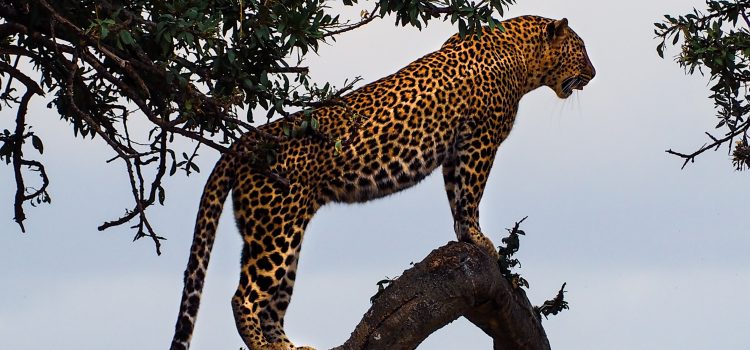
Jaguars are among the most iconic and charismatic animals in the world. These majestic creatures, also known as “big cats,” are found throughout the Americas, from the southwestern United States to the northern regions of Argentina. Unfortunately, jaguar populations have been on the decline for decades, largely due to habitat loss, poaching, and other human activities. In this article, we will explore why protecting jaguars is crucial for biodiversity and ecosystem health.
One of the main reasons why jaguars are so important to protect is because they are apex predators. Apex predators are animals that sit at the top of the food chain and have no natural enemies. As such, they play a crucial role in maintaining the balance of ecosystems. By keeping the populations of prey animals in check, apex predators help prevent overgrazing and other forms of ecosystem damage.
In the case of jaguars, their main prey includes deer, peccaries, and other mammals. By hunting these animals, jaguars help keep their populations in check, preventing overgrazing and other forms of ecosystem damage. In addition, jaguars also help to control the populations of smaller predators, such as foxes and raccoons. This prevents these animals from becoming overpopulated and causing damage to the ecosystem.
Another reason why protecting jaguars is important is because they play a vital role in the cultural heritage of many indigenous communities. In many cultures throughout the Americas, jaguars are seen as sacred animals and are often used in traditional ceremonies and rituals. Protecting jaguars is not just about preserving a species, but also about protecting cultural heritage and traditions that have been passed down for generations.
Furthermore, jaguars are a keystone species. This means that they play a crucial role in maintaining the health and diversity of entire ecosystems. By protecting jaguars, we are also protecting the countless other species that depend on them for survival. Jaguars are known to create and maintain forest clearings, which in turn creates habitats for other species, including birds and smaller mammals. By protecting jaguars, we are ensuring the health and diversity of entire ecosystems.
Finally, jaguars are an important part of the economy in many areas of the Americas. Ecotourism, which is centered around the observation and protection of wildlife, is a growing industry in many regions. By protecting jaguars and their habitats, we are also helping to support the economies of these regions and the livelihoods of the people who live there.
In conclusion, protecting jaguars is crucial for biodiversity and ecosystem health. These magnificent animals are apex predators and keystone species, playing a vital role in maintaining the balance of ecosystems. By protecting jaguars, we are not only preserving a species, but also protecting cultural heritage, supporting local economies, and ensuring the health and diversity of entire ecosystems.










